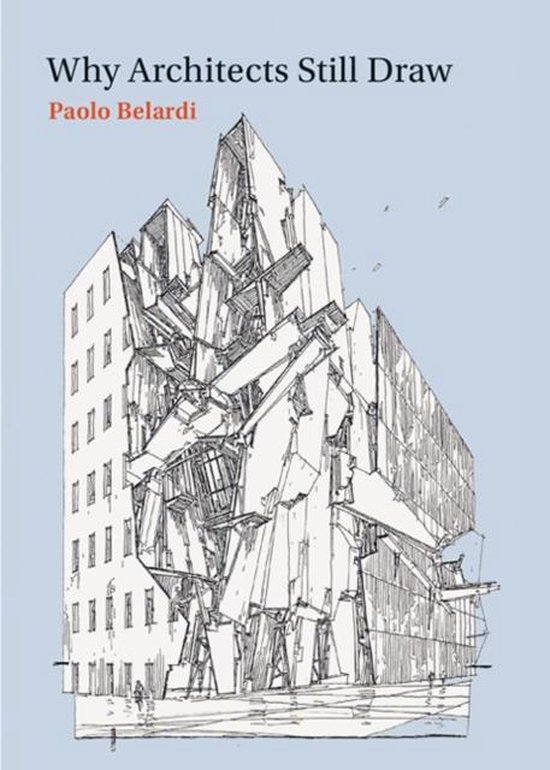
Why Architects Still Draw
An architect's defense of drawing as a way of thinking, even in an age of electronic media. Why would an architect reach for a pencil when drawing software and AutoCAD are a click away? Use a ruler when 3D-scanners and GPS devices are close at hand? In Why Architects Still Draw, Paolo Belardi offers an elegant and ardent defense of drawing by hand as a way of thinking. Belardi is no Luddite; he doesn't urge architects to give up digital devices for watercolors and a measuring tape. Rather, he makes a case for drawing as the interface between the idea and the work itself. A drawing, Belardi argues, holds within it the entire final design. It is the paradox of the acorn: a project emerges from a drawing-even from a sketch, rough and inchoate-just as an oak tree emerges from an acorn. Citing examples not just from architecture but also from literature, chemistry, music, archaeology, and art, Belardi shows how drawing is not a passive recording but a moment of invention pregnant with creative possibilities. Moving from the sketch to the survey, Belardi explores the meaning of measurement in a digital era. A survey of a site should go beyond width, height, and depth; it must include two more dimensions: history and culture. Belardi shows the sterility of techniques that value metric exactitude over cultural appropriateness, arguing for an informed drawing that takes into consideration more than meters or feet, stone or steel. Even in the age of electronic media, Belardi writes, drawing can maintain its role as a cornerstone of architecture.
| Auteur | | Paolo Belardi |
| Taal | | Engels |
| Type | | Paperback |
| Categorie | | Kunst & Fotografie |